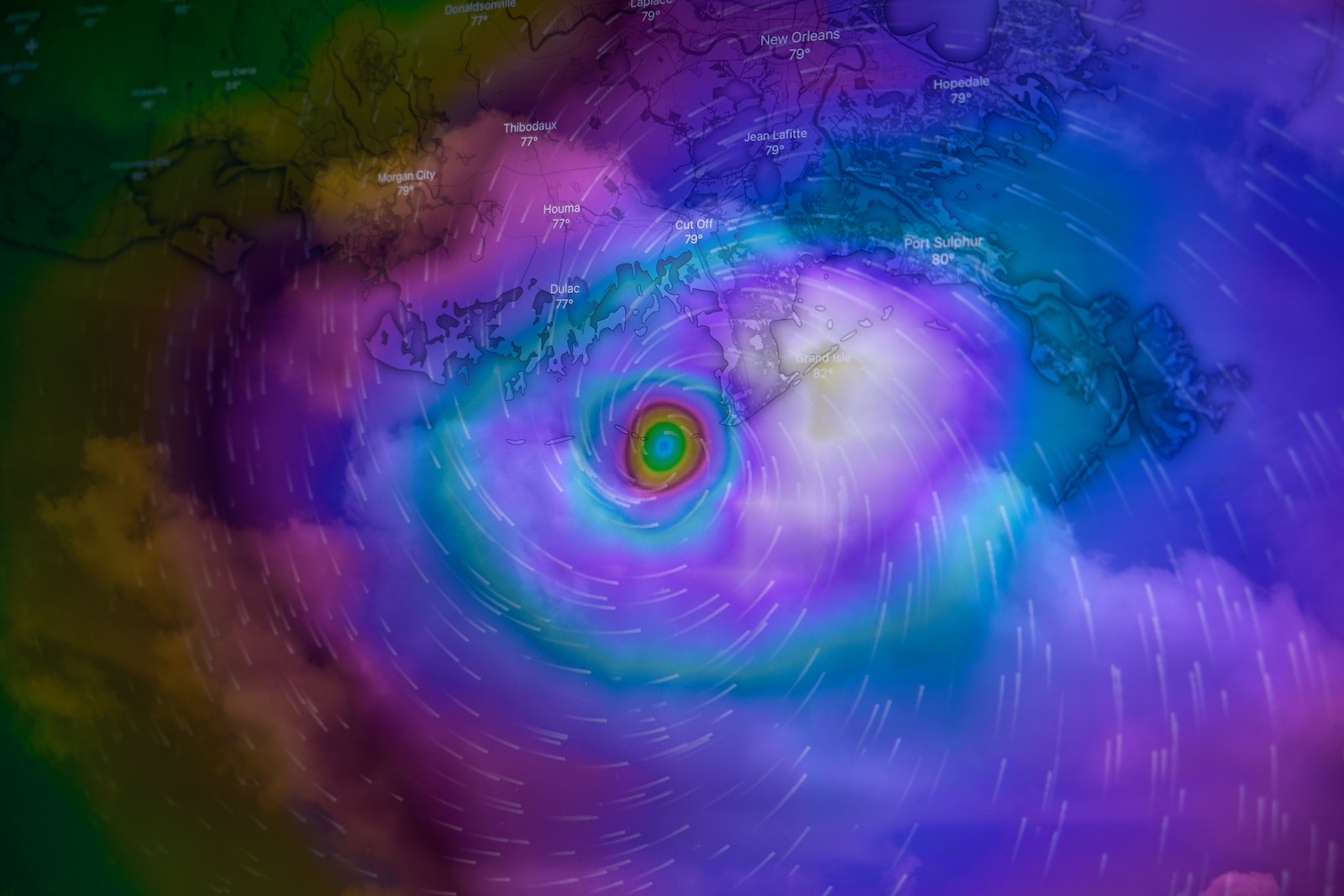Table of Contents
ToggleIntroduction
Are you living in a hurricane-prone area? If so, it’s important to prepare your home for the worst-case scenario. Hurricanes can cause significant damage to homes and properties, and being prepared can make all the difference. In this article, we’ll provide you with some essential hurricane season preparation tips to help you prepare your home for the upcoming hurricane season.
Develop an Emergency Plan
The first step in preparing for hurricane season is to develop an emergency plan. Your emergency plan should include answers to questions such as:
- What do I need to do to secure my home, car, and boat, and who will help me?
- Where am I going to stay during the hurricane, and what are the evacuation routes?
- Where will my pets stay?
- If I plan to stay at home, what do I need to do to be prepared, and where in my home will I ride out the storm?
- Is your home or business in a flood and/or evacuation zone?
Emergency operations officials urge residents to prepare to be self-sufficient for up to 14 days without running water or electricity. Once you have developed your emergency plan, review it with your family and make sure everyone is familiar with it.
Prepare Your Home
After reviewing your emergency plan with your family, it’s time to start preparing your home for the upcoming hurricane season. Here are some things to consider:
- Photograph or record your home – inside and out – for insurance purposes.
- Determine your backup power source or make arrangements to relocate if a storm warning is issued and someone in your home is dependent on electric-powered, life-sustaining medical equipment.
- Update the phone number and email address
- Consider getting a non-cordless, non-mobile telephone for your home in case the power goes out and/or mobile service is not available.
- Contact your local emergency management office if you or anyone you know has special needs in case of evacuation.
- Do not attempt to trim any vegetation growing on or near power lines. Only hire qualified professionals to trim trees and other vegetation growing near power lines.
- Make sure outside debris is cleared prior to a hurricane warning – trash pickup will be suspended.
- Gather important documents, including insurance policies, health cards, list of medications, birth certificates and Social Security cards, list of important phone numbers, and your bills – put them in a waterproof container.
- Turn refrigerators and freezers to their coldest settings to help keep your food fresh, consider storing blocks of ice in coolers and filling your bathtub with water in the event you lose electricity and running water.
Secure Your Home
If a storm is approaching, some ways to secure and prepare your home include:
- Store objects from your yard inside.
- Fasten doors and windows.
- Cover valuables and furniture with plastic and move away from windows.
- Turn off and unplug any non-essential electrical equipment, including pool equipment.
- Look up and note the location of power lines before you begin working on a ladder. Be sure that ladders or scaffolds are far enough away so that you – and the ends of the tools you’re using – don’t come within 10 feet of power lines.
- Install an approved hurricane shutter system over windows and doors or have alternate coverings such as plywood.
After the Storm
After a storm has passed, keep the following tips in mind:
- Read and follow the manufacturer’s instructions if you’re using a generator. Set it up outside – not in your home or garage – and connect all appliances directly to it. Never wire your generator directly to your breaker or fuse box.
- Continue to conserve refrigeration. Check food for spoilage; if in doubt, throw it out!
- Photograph or record your home – inside and outside; take inventory to determine and record losses.
- Make emergency repairs only when it is safe to do so. Repairs that prevent looting or further damage should have top priority, but only if the repair can be done safely.
- Turn off your circuit breakers, disconnect all electrical appliances that are still plugged in, and turn off all wall switches immediately if your roof or windows leak – water in your walls and ceiling may come into contact with electrical wiring. Remember to never stand in water while operating switches or unplugging any electrical device.
- Be cautious when using a grill, portable stove, or other emergency cooking devices.
- Do not use candles; use battery-operated flashlights and lanterns instead.
Conclusion
Preparing your home for hurricane season is a crucial step to ensuring the safety of you and your family. By developing an emergency plan, preparing your home, and knowing what to do after the storm, you can help minimize damage and stay safe during hurricane season. Remember to stay informed and follow the advice of local authorities and emergency management officials







